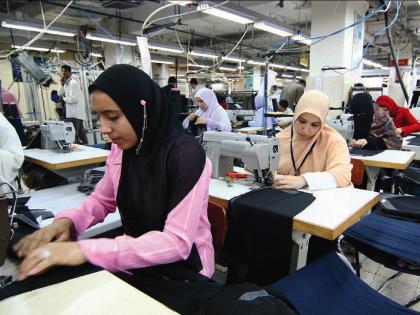One day last autumn, the clock in the tower of Adolphus Busch Hall stopped. Grime, exhausted bushings, and a pinion worn halfway through.
In December a crew from the Balzer Family Clock Works--of Lady Slipper Lane in Freeport, Maine--disassembled the clock, the only mechanical tower clock at Harvard, and removed to their establishment for a thorough refurbishment the movement, bevel-geared differential, dial shafts, universals, expansion units, dial gears, hands, weights, pulleys, and pendulum. Then on March 23, with brute force and heavy breathing, they carried clock pieces, looking good, back up the tower .
Various Balzers machined as necessary. They polished every tooth and surface to a bright finish. They cleaned and sealed the cherry pendulum so that it would not absorb moisture, change in length, and thus slow down or accelerate time. Their colleague Arthur Mary repainted the cast iron base in an historically appropriate scheme--dark green, with black and tomato-bisque striping and floral embellishments in gold at the knees. The spokes of the gears are red, a Balzer hallmark.
The clock, which stands about five feet tall, was made by E. Howard & Co. of Boston and was installed when the hall was built in 1917 (it opened in 1921 as the Germanic Museum and now houses the Gunzburg Center for European Studies). Edward Howard began making clocks in 1842. He subsequently cofounded the American Horologe Company, the nation's first watch factory, which became the Waltham Watch Company.
For the past decade, Busch Hall building manager Sandy Selesky has ascended into the tower weekly to wind the clock. Proudly, she hooked up a large, brass handle to the mechanism and took 20 turns counterclockwise to lift heavy weights to the top of the chamber. But no more. The Balzers have provided an electric winder that will click into action automatically. Cost of the refurbishment: $27,950. Of the winder: $4,000.
Richard Balzer, a former bank officer and professional musician, partnered with his wife, Linda, a former real-estate broker, to open their clock restoration and manufacturing business in 1978. Sons Christopher Balzer and Richard "Tad" Stride work with them. They are tower- clock specialists, of whom there are few.
Academic clients have included Duke, Vassar, Yale, Williams, and the Hokkaido Institute of Technology. "We made a weight-driven, pendulum-regulated tower clock for Colby College," says Linda ("Call her Linder, she's from Maine," says an associate) Balzer. "When the electricity went off in the ice storm of 1998, that clock, with gravity as its power source, was one of the few things at Colby that worked.
"We made a big tower clock that's on display on the floor of L.L. Bean in Freeport," she says. "Kids love it. They see so little that's mechanical."
Selesky intends to show visitors her clock on Mondays and Thursdays at noon. The prudent will call ahead: (617) 495-4303.
PHOTOGRAPHS BY JUSTIN IDE / HARVARD NEWS OFFICE







